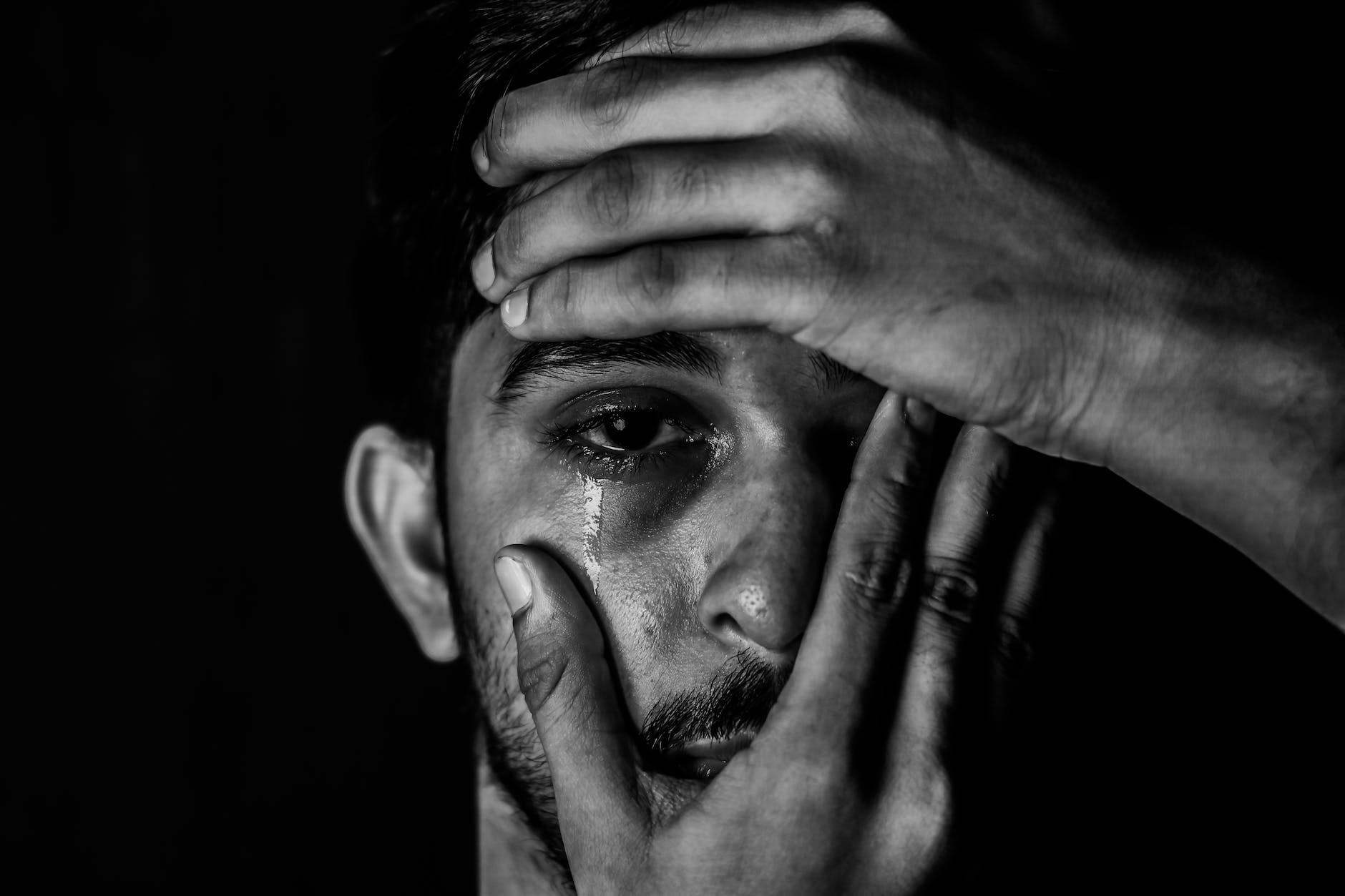Surviving an SCA is a remarkable achievement but can also bring many challenges and difficulties. One of these challenges is dealing with blame from others or yourself. Some people may blame you for having an SCA or suggest that you could have prevented it by making different choices. Others may blame themselves for being unable to help or save you sooner. These feelings of blame can be very hurtful and damaging and can affect your recovery and well-being.
Why do people blame?

Blame is a natural human reaction to a stressful or traumatic event. It is a way of trying to make sense of what happened and regain some control over a chaotic and unpredictable situation. Blame can also be a way of expressing anger, frustration, guilt, or fear.
However, blame is not always helpful or accurate. Sometimes, blame is based on false assumptions, misinformation, or prejudice. For example, some people may believe that an SCA is caused by lifestyle factors, such as smoking, drinking, or being overweight. While these factors can increase the risk of an SCA, they are not the only causes. Genetic conditions, infections, medications, or unknown factors can also cause an SCA.
Similarly, some people may blame themselves for being unable to prevent or reverse an SCA. They may think that they should have noticed the signs earlier, called for help sooner, or performed CPR better. However, these thoughts are often unrealistic and irrational. An SCA is a sudden and unpredictable event that can happen without any warning signs or symptoms. Even if you do everything right, there is no guarantee that you can save someone from an SCA. The UK’s survival rate of out-of-hospital SCA is less than 10%. Therefore, blaming yourself for not being able to save someone from an SCA is like blaming yourself for not stopping a tsunami from hitting the shore. It is unreasonable and unhelpful.
How to cope with blame from others

If someone blames you for having an SCA or suggests that you could have avoided it by making different choices, here are some ways to cope:
- Acknowledge your feelings. Feeling hurt, angry, sad, or offended by someone’s blame is normal. You have the right to feel whatever you feel and don’t have to hide or suppress your emotions. However, try not to let your feelings overwhelm or affect your behaviour. Instead of reacting impulsively or aggressively, take some time to calm yourself down and think rationally.
- Consider the source. Sometimes, people who blame you for having an SCA may not have your best interests at heart. They may be ignorant, insensitive, or malicious. They may be trying to hurt you intentionally or manipulate you emotionally. In these cases, it may be best to ignore them or avoid them altogether. You don’t have to listen to their opinions or let them influence your self-esteem. You know yourself better than anyone else, and you don’t need their approval or validation.
- Educate them. Sometimes, people who blame you for having an SCA may not mean any harm. They may be genuinely concerned about you or curious about what happened. They may be misinformed or unaware of the facts about an SCA. In these cases, educating them about the causes and consequences of SCA may be helpful. You can share reliable sources of information with them or direct them to some support groups or organisations that can help them understand more. You can also explain how their blame affects you and how they can support you better.
- Forgive them. Forgiveness is not easy but can benefit your mental health and well-being. Forgiveness does not mean condoning or forgetting what someone did or said. It does not mean you must reconcile with or trust them again. Forgiveness means letting go of the resentment and bitterness you hold towards them and freeing yourself from the burden of their blame. Forgiveness can help you heal from the pain and move on with your life.
How to cope with blame from yourself

If you blame yourself for having an SCA or for not being able to help someone who had an SCA, here are some ways to cope:
- Challenge your thoughts. Blaming yourself for having an SCA or being unable to save someone from an SCA is often based on irrational and distorted thoughts. These thoughts are not facts, and they can be challenged and changed. For example, if you think you could have prevented your SCA by making different choices, ask yourself: How do I know that? What evidence do I have to support that? Are there any other possible explanations? If you think you should have saved someone from an SCA, ask yourself: What could I have done differently? What was in my control, and what was not? How realistic are my expectations? By challenging your thoughts, you can replace them with more balanced and realistic ones.
- Be compassionate. Blaming yourself for having an SCA or being unable to save someone from an SCA may come from a place of low self-esteem or self-worth. You may think you are not good enough or deserve to suffer. However, these thoughts are false and only harm you more. Instead of being harsh and critical of yourself, try to be kind and compassionate. Treat yourself as you would treat a friend or a loved one who went through the same situation. Recognise your strengths and achievements, and appreciate your efforts and intentions. Remind yourself that you are a valuable and worthy person and that you deserve love and respect.
- Seek support. Blaming yourself for having an SCA or for not being able to save someone from an SCA can be very isolating and lonely. You may feel ashamed or guilty about sharing your feelings with others or think no one can understand or help you. However, you are not alone, and there are many people who can support you. You can talk to your family or friends or join a support group or community of other SCA survivors or relatives. You can also seek professional help from a doctor, a therapist, or a counsellor who can provide you with expert advice and guidance. You can reduce stress and anxiety by seeking support and increasing your coping skills and resilience.
Conclusion
Blame is a common and natural reaction to a sudden cardiac arrest, but it is not always helpful or accurate. Blame can hurt your feelings and damage your recovery and well-being. Therefore, it is important to cope with blame in a healthy and constructive way.
If someone blames you for having an SCA or suggests that you could have avoided it by making different choices, you can cope by acknowledging your feelings, considering the source, educating them, or forgiving them.
If you blame yourself for having an SCA or for being unable to help someone with an SCA, you can cope by challenging your thoughts, being compassionate, or seeking support.
By coping with blame after an SCA, you can overcome the negative emotions and thoughts that it causes and focus on the positive aspects of your life. You can also improve your relationships with others and yourself and enhance your quality of life.

After our first meet-up in February 2015, I realised I was not alone. It was the first time since my cardiac arrest the previous year that I had spoken face-to-face with someone who had experienced what I had. This was also true for my wife, who also happened to be my lifesaver. From that meet-up, the idea of SCA UK was born. Since then, we have achieved a considerable amount, primarily providing information, resources and support to others in a similar situation but also raising the profile of survivorship and the need for better post-discharge care. We are starting to get traction in this, and with the formation of the charity, I genuinely believe we have a bright future ahead and will make a significant difference in the lives of many who join our ranks.

